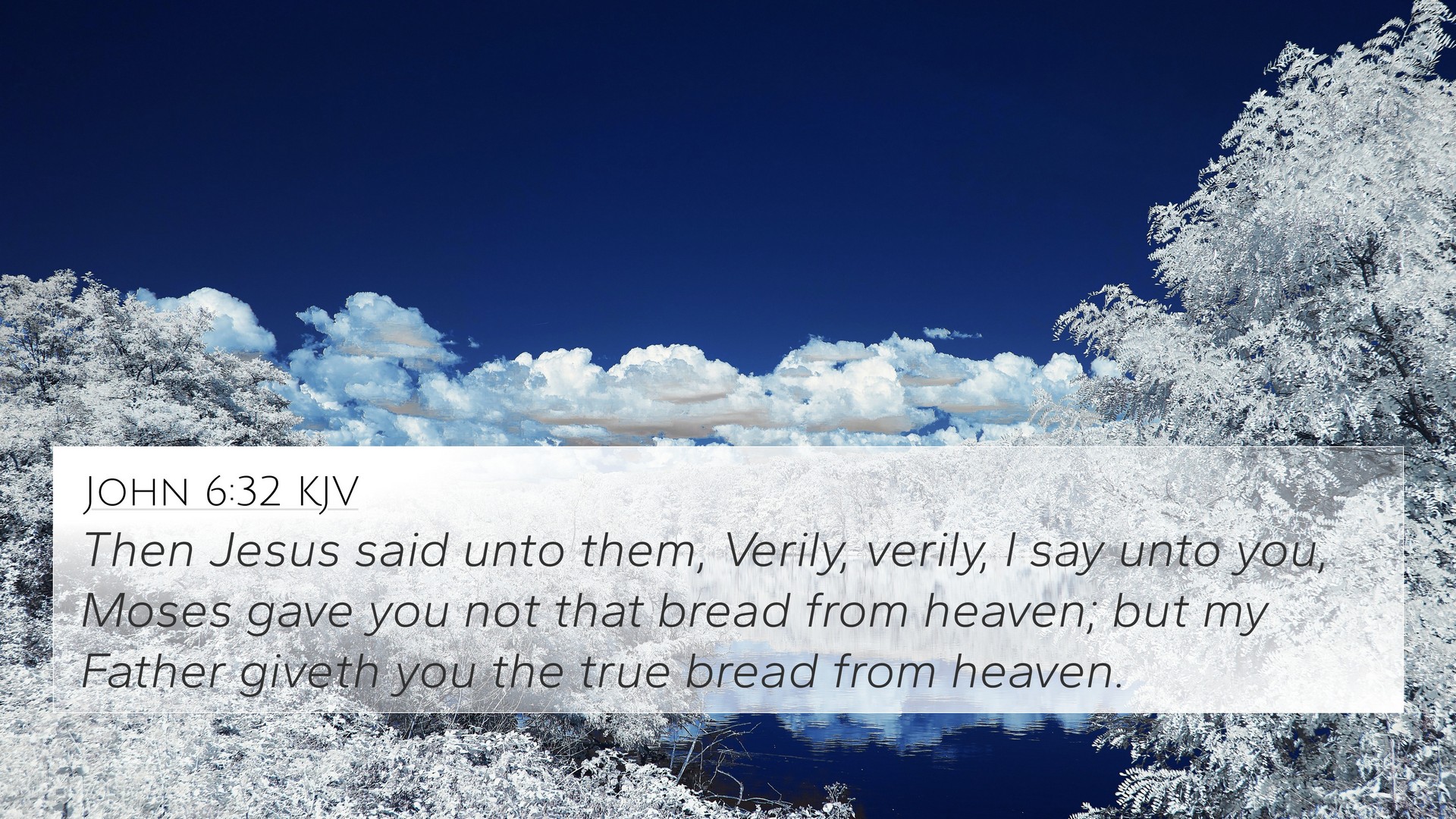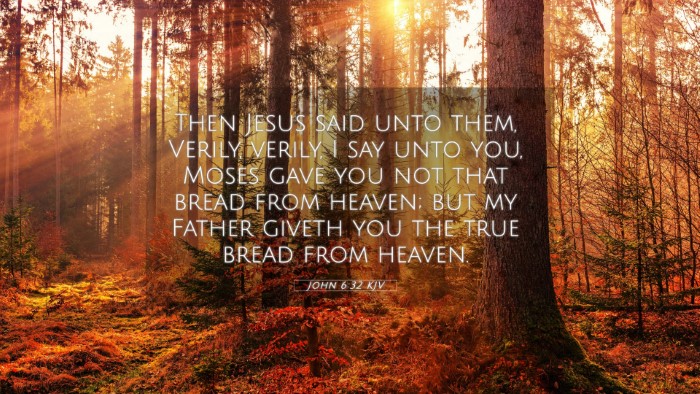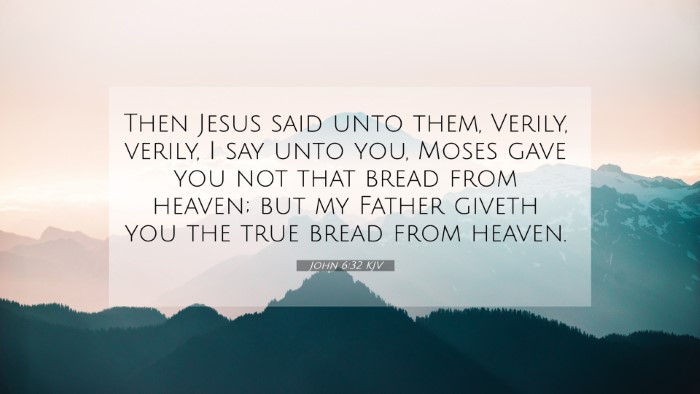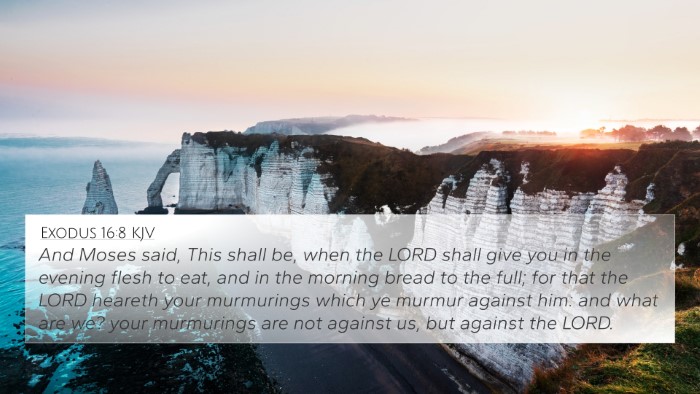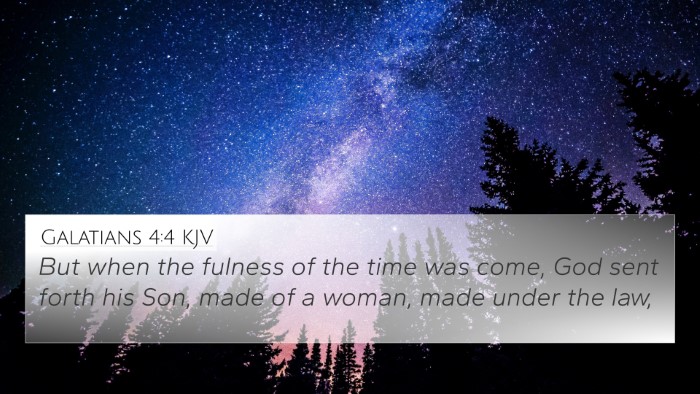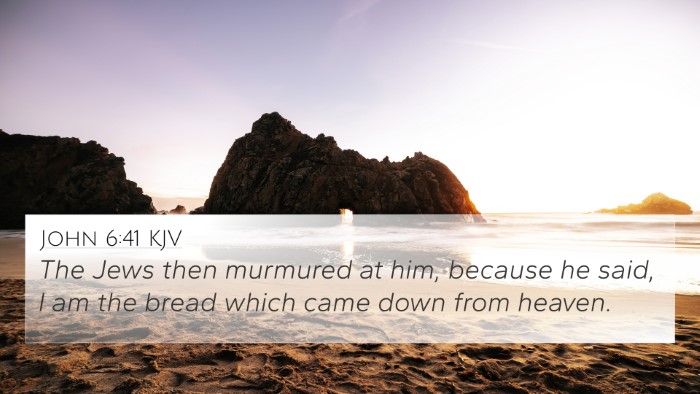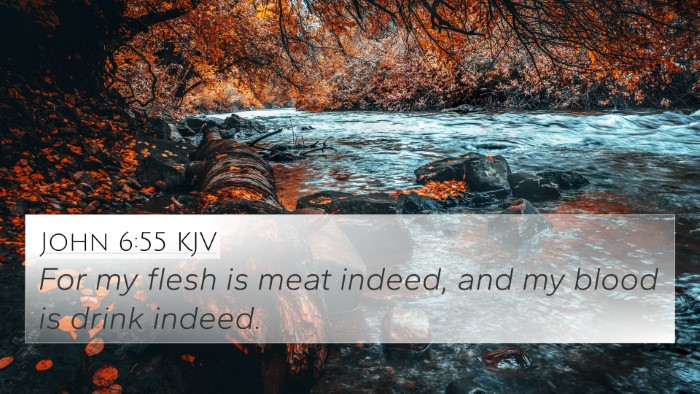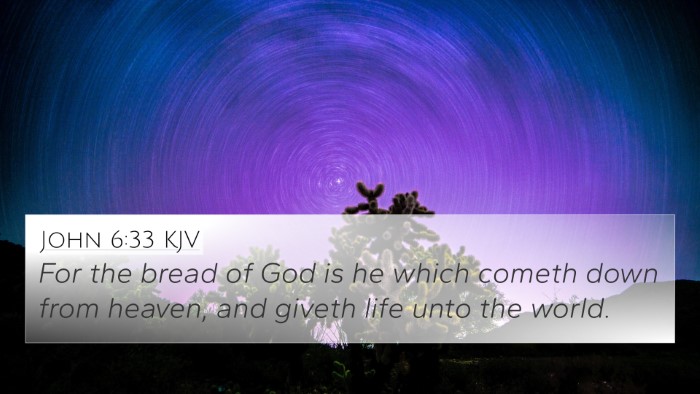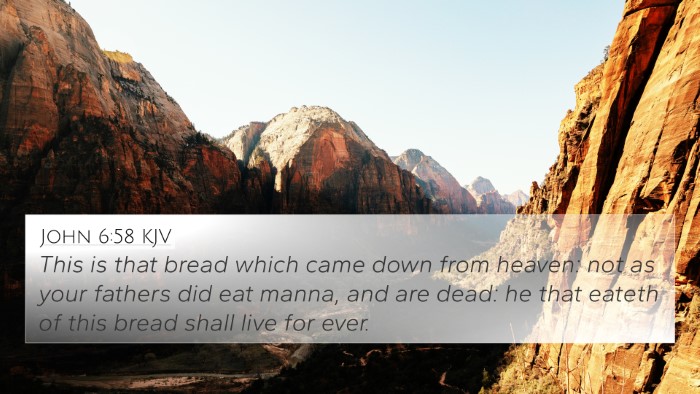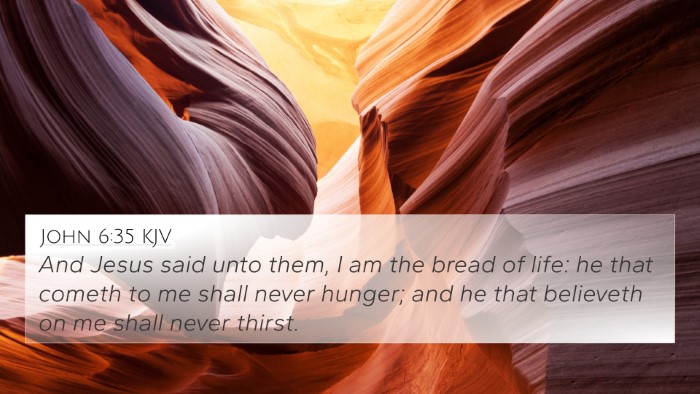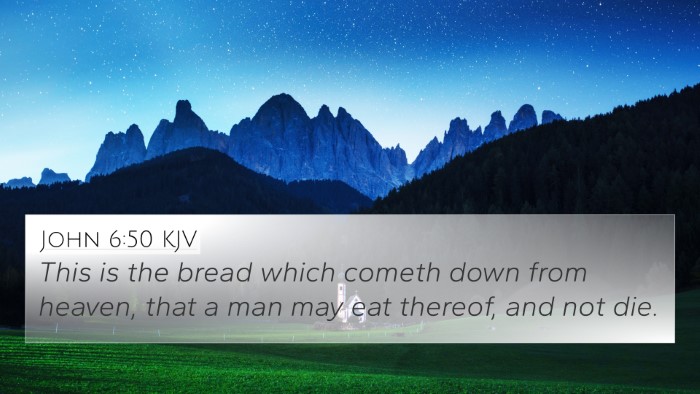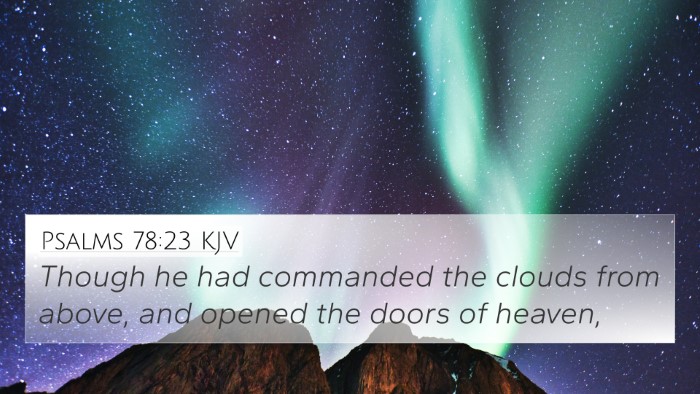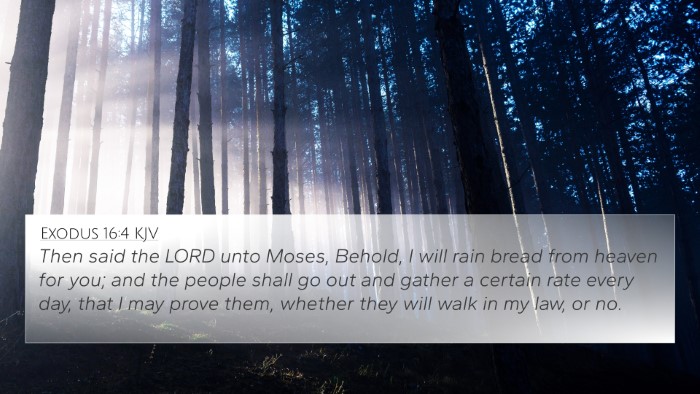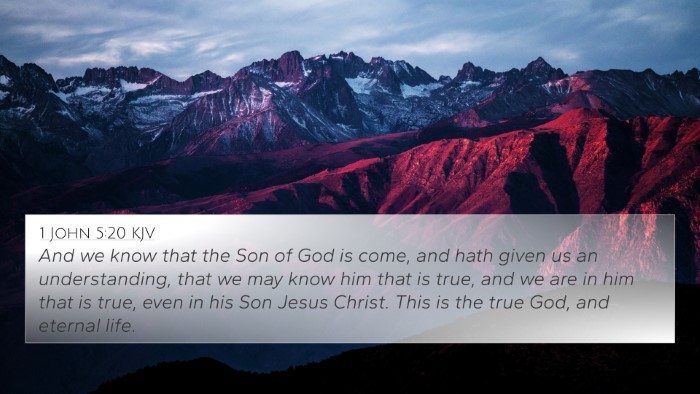Summary of John 6:32
In John 6:32, Jesus responds to the crowd that has followed Him, emphasizing that it was not Moses who provided manna (bread) from heaven, but His Father. This assertion directs their attention away from human agency toward divine providence, illustrating that true sustenance originates from God. The passage is crucial as it sets the stage for Jesus to identify Himself as the true bread of life, which brings spiritual nourishment.
Verse Context:
The crowd had just witnessed Jesus’ miraculous feeding of the 5,000. They were looking for further signs and sustenance, thinking merely of physical bread. Jesus uses this opportunity to elevate the conversation to a spiritual level, contrasting physical needs with spiritual ones.
Insights from Commentaries:
- Matthew Henry: Henry emphasizes the distinction between earthly bread and the heavenly bread Jesus offers. He notes that while manna was a miraculous provision for Israel, it was temporary and physical, while the bread Jesus refers to is eternal and spiritual.
- Albert Barnes: Barnes reflects on the significance of Jesus stating that the bread from heaven was given by His Father. This connection reinforces the divine authority and sustenance behind all that comes from God, distinguishing between earthly and heavenly provision.
- Adam Clarke: Clarke highlights the importance of recognizing Jesus as the source of eternal life. He explores the theme of spiritual nourishment and encourages believers to seek the true bread rather than being satisfied solely with physical sustenance.
Spiritual Application:
This verse invites readers to reflect on their own quests for sustenance. It challenges individuals to consider how they seek spiritual fulfillment in a world often preoccupied with material desires.
Bible Cross-References:
- Exodus 16:4 - The giving of manna in the wilderness.
- Deuteronomy 8:3 - Understanding that man does not live by bread alone, but by every word that comes from God.
- John 6:35 - Jesus declares Himself the bread of life.
- Matthew 4:4 - Jesus’ temptation and His response highlighting the importance of God’s word.
- John 4:14 - Jesus talking about the living water, paralleling spiritual sustenance.
- 1 Corinthians 10:3 - Paul correlates the manna to Christ, affirming the spiritual connection.
- Isaiah 55:2 - A call to seek what truly satisfies, linking back to the idea of spiritual nourishment.
- Revelation 3:20 - Jesus standing at the door, inviting believers to partake in fellowship and sustenance with Him.
- John 6:51 - Jesus speaks of being the living bread that came down from heaven, reinforcing His role.
- Philippians 4:19 - Assurance that God provides for all our needs according to His riches in glory.
Connecting Themes:
- Thematic connections between physical and spiritual sustenance.
- Inter-Biblical dialogue regarding God’s provision throughout Scripture.
- Links between the Old Testament promises and their fulfilment in Christ in the New Testament.
Conclusion:
John 6:32 serves as a reminder of the divine origins of our sustenance—both physical and spiritual. By recognizing Jesus as the true bread from heaven, believers are encouraged to seek their spiritual nourishment from Him, highlighting the importance of cross-referencing Biblical texts to enrich understanding and interpretation.
